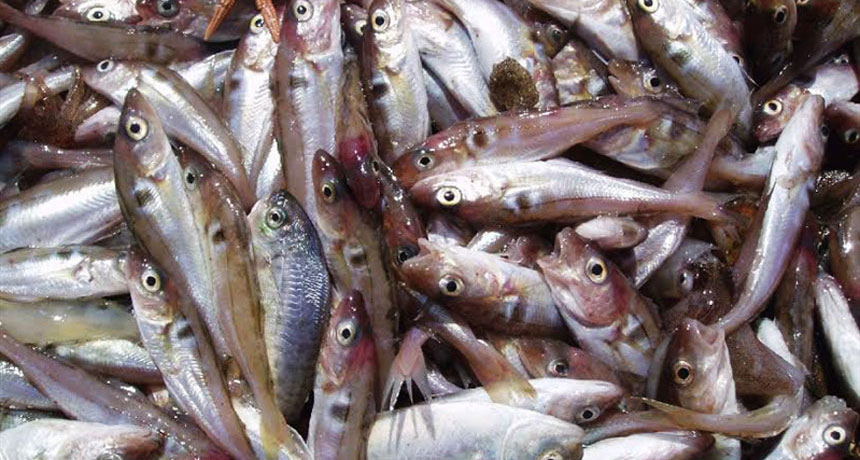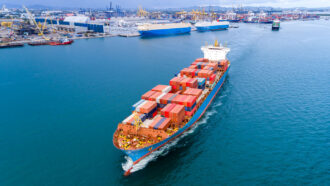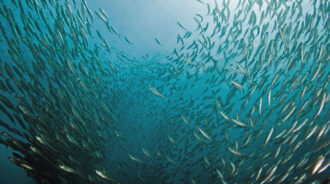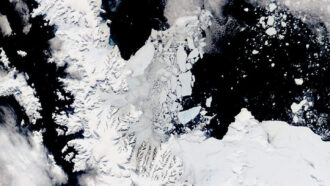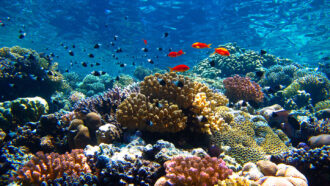average (in science) A term for the arithmetic mean, which is the sum of a group of numbers that is then divided by the size of the group.
climate change Long-term, significant change in the climate of Earth. It can happen naturally or in response to human activities, including the burning of fossil fuels and clearing of forests.
commercial (in research and economics) An adjective for something that is ready for sale or already being sold. Commercial goods are those caught or produced for others, and not solely for personal consumption.
population (in biology) A group of individuals from the same species that lives in the same area.
sea An ocean (or region that is part of an ocean). Unlike lakes and streams, seawater — or ocean water — is salty.
species A group of similar organisms capable of producing offspring that can survive and reproduce.
sustainable An adjective to describe the use of resources in a such a way that they will continue to be available long into the future.
